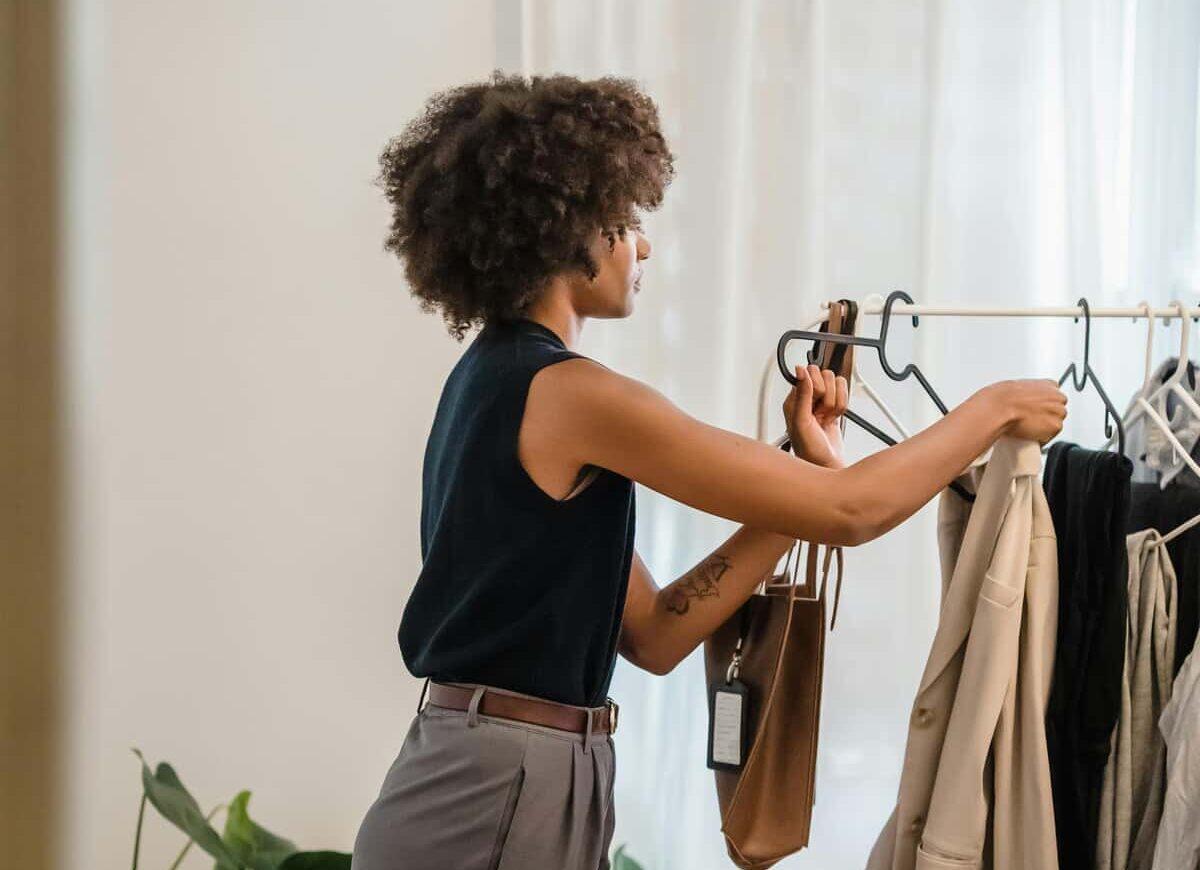Op-Ed: The Silent Service Of The Unknown Office Sisterhood

This one is for “THAT” one (i.e. one of the few women of color in the office).
She is one of “the only ones” working in a predominantly white corporate world. In the 1950s, she was the Katherine Johnson who solved complex problems for her colleagues but who was nonchalantly referenced as “the girl” in the office.
Today, when I am the only Black women in the room, I wonder if I am one of many Hidden Figures. In my office, I see others, descendants of all continents. We occasionally exchange smiles and short greetings, but I rarely see women of color uniting to speak on the relatable feelings we have in our roles as “the only ones”.
On the wave of women uniting for a common cause–corporate women of color should begin sharing with each other the blessings and burdens, we have in common. I am wholly convinced it would only serve us better if we begin discussing the unspoken service of the unknown sisterhood in the office.
According to Catalyst, women of color are severely underrepresented in corporate America, making up just 3.8% of board seats. Black women held 2.2% of seats, Hispanic women held 0.8% of seats, and Asian women hold 0.8% of those board seats. Because we are so few in number, we are often also regarded as “the chosen ones” and we only have each other to combat that lonely feeling at the so-called top.
This is not to say that I feel like I am at the top in any way. But it is the perception that I am at the top, which is part of the burden. In this unspoken service, the group of women of color in the office is serving as the representation for all other sisters who share the same ethnic backgrounds in and outside the office. There is added pressure as she is constantly aware of being closely monitored by her colleagues and a standard-bearer for her community. Her non-communal colleagues watch her closely to make sure she serves the company well. Her community is depending on her to not only represent them well but open the door as servants do and welcome opportunities for more sisters like her to come through. For this, and many reasons, she feels as though she might as well wear an apron and set the table for others to fulfill their own ambitions.
Obviously, the corporate sister was not hired to work as a servant but often feels like one as she constantly serves someone or something every work day. I have seen the sister who is the brightest star on the team yet sometimes dims her own light to serve others’ egos. I witnessed a Middle Eastern sister serve facts when people make ignorant snide remarks and assumptions about her heritage. I watched a Latinx sister serve as a transformer in battle deflecting stereotypes one minute, and the next minute, saving co-workers from self-destructing disaster. I have seen the Asian sister serve as the educator informing her colleagues about cultural competence and appropriation. And I am that African American sister who is constantly smiling, offering the service of comfort to others. The examples are many. Space and time are too limited to list them all.
Without conducting a survey, I am convinced there are many women of color in corporate America who can relate to feeling like they are in the roles of servitude in the corporate office. Unfortunately, studies show there’s an emotional tax that we are paying–affecting our well-being both inside and outside the office. This taxation has us asking ourselves if our antics are working and whether our paychecks are worth the pain. It sometimes feels like we are going through a brutal, vicious cycle all alone. We feel like we are constantly putting on an act to serve others; while sacrificing our own livelihood and authenticity for the comfort of those same people. We engage in our individual combats at work just like “Superwoman” but we fight wearing a cape AND an apron. At the end of our work days, we take off our sweaty and bloody attire with body aches from head to toe, even though we sat down most of the day. We massage our heads and feet feeling mentally and physically exhausted. Our arms are sore from juggling top hats all day long. This short pause of reflection is probably the moment we serve ourselves best. And these moments happen too infrequently.
I hope this will be a cultural awakening for us all. We need to start speaking on our unspoken services and start seeking and acknowledging our unknown sisterhood. Now more than ever, it’s time that we openly unite and start pushing forward. We need to reimagine the workplace where our sisterhood is cohesive, tangible and safe. When we find ourselves in a compromising situation, we can start reaching out to another “only one” for a little guidance. We should acknowledge each other more in the hallways, restrooms and perhaps go out for coffee.
Today is the day I will look for the smile of a sister and simply chat with her. My ultimate goal is to spread the word that there is a superpower within the unspoken service of our unknown sisterhood. As in most cases, the force is stronger when we come together.





